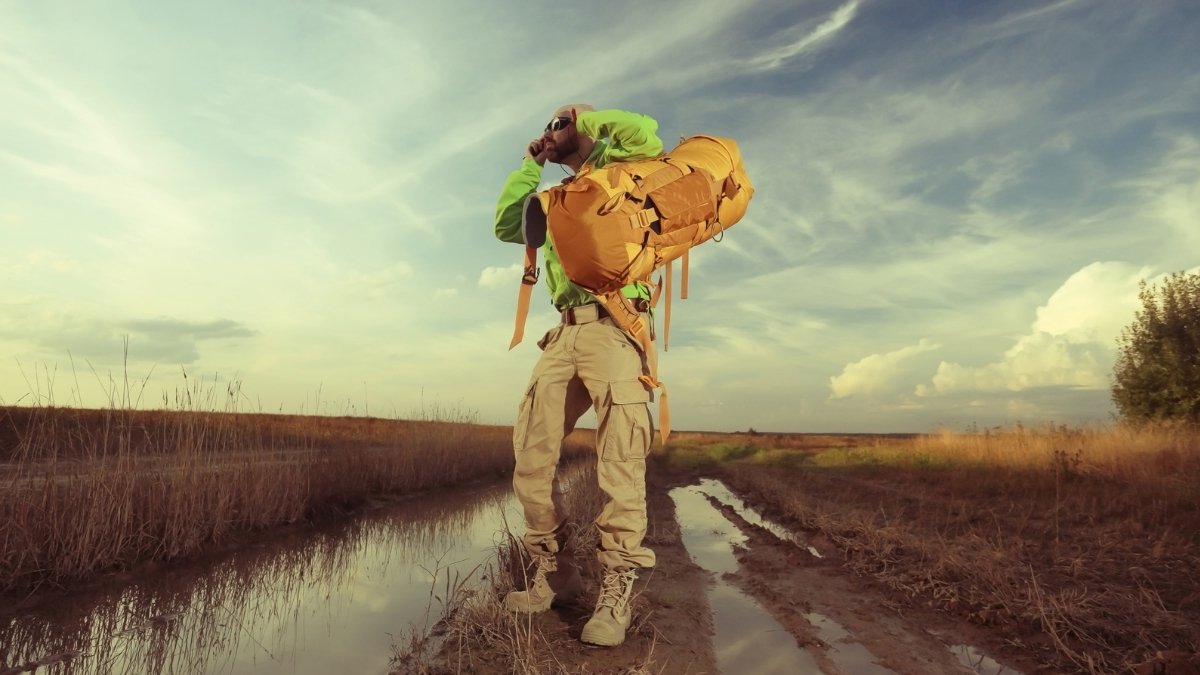The gas gauge hit empty at mile marker 247; their debit cards were declined, and the nearest town was 50 miles away, accessible only through a desert highway. Sarah’s heart pounded as she stared at the “insufficient funds” message, knowing they had $847 just the day before. No cell service, sun setting fast; truly stranded without money in remote Nevada.
What happened next taught these travelers 12 critical emergency money survival tips every traveler needs. These battle-tested techniques got them home safely and will give you a complete action plan for surviving financial emergencies on the road, plus prevention strategies to guarantee you never face this nightmare.
We Ran Out of Money in the Middle of Nowhere – Here’s How We Survived
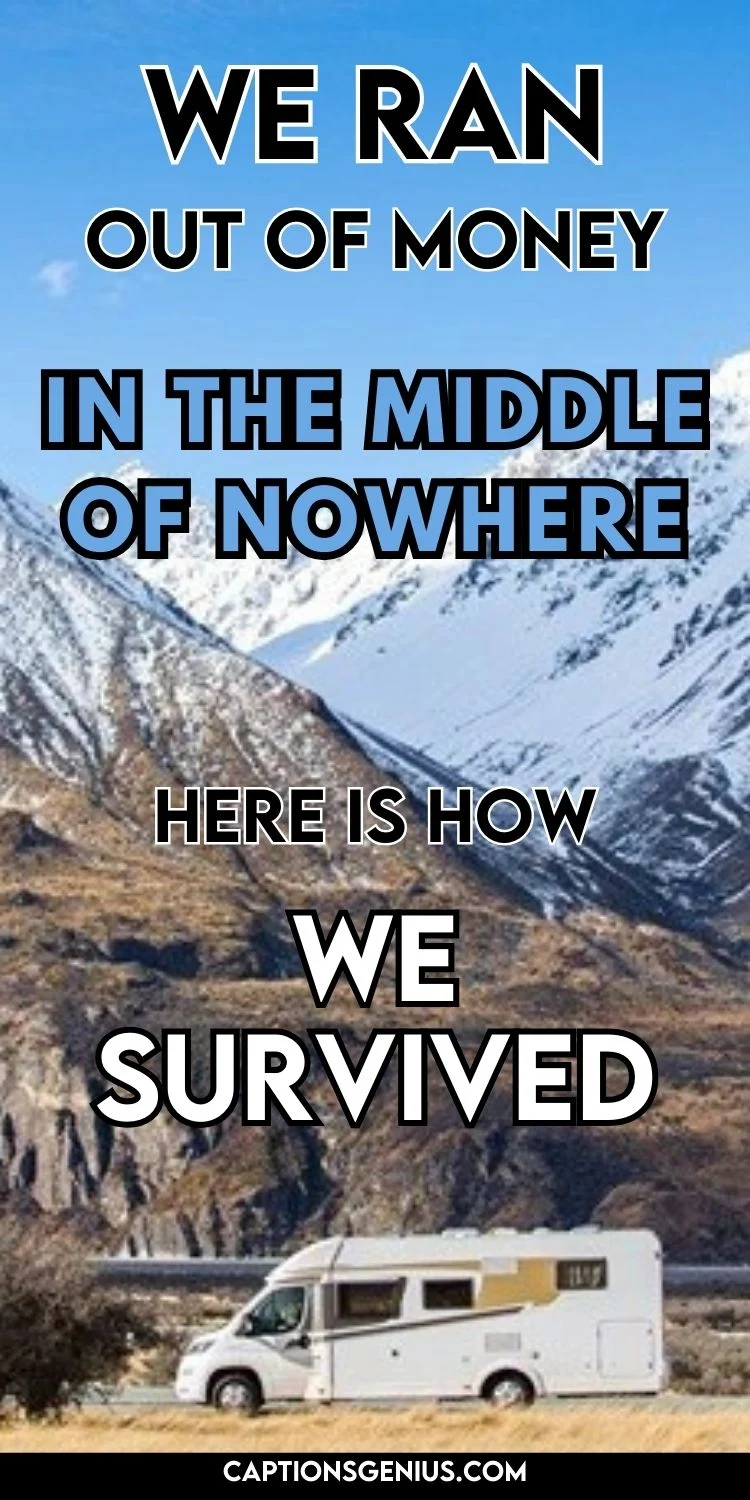
The Reality Check: How They Ended Up in This Mess
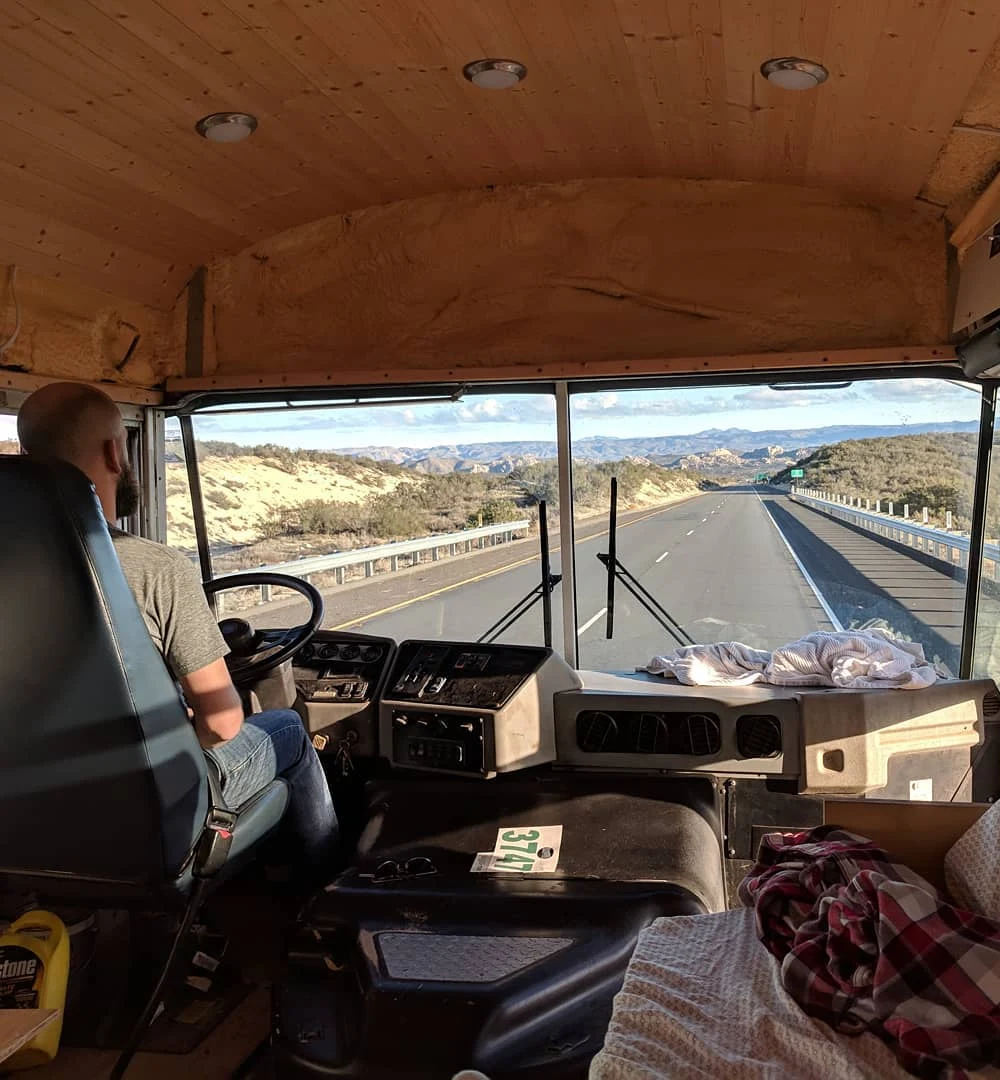
The storm of the travel financial crisis hit them without warning. Three days into their cross-country adventure, everything that could go wrong did.
First, their bank’s fraud detection system flagged their out-of-state purchases as suspicious activity and froze their account at 2 AM. They had no idea until they tried to buy gas the next morning. The automated customer service line kept them in loops, and branch offices wouldn’t open for hours.
The Cash Theft
Then came the knockout punch. During their overnight stop at a rest area outside Ely, Nevada, someone broke into their car while they slept in the nearby hotel. The thief didn’t take their electronics or luggage; just the envelope containing their emergency cash ($340) that they’d hidden under the driver’s seat.
They discovered this roadside emergency at sunrise, along with their dead cell phones and the realization that they were 50 miles from the nearest town.
The Statistical Reality
This wasn’t just bad luck; it was a statistical inevitability waiting to happen. According to Federal Reserve data, 67% of Americans have less than $1,000 in emergency savings, making millions of travelers vulnerable to exactly this scenario.
They thought they were prepared with their modest emergency fund, but they learned that preparation means having multiple backup systems, not just one safety net.
The Panic Moment
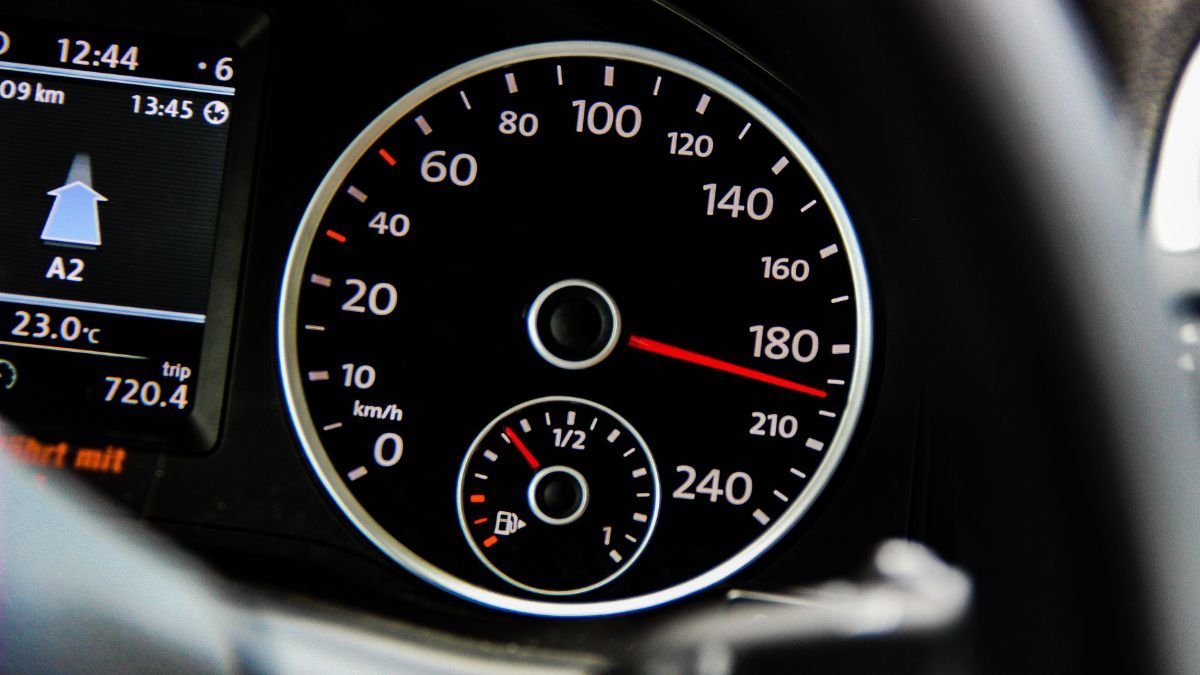
As the morning sun climbed higher and their fuel gauge dropped lower, panic set in. They had maybe 20 miles of gas left, no money, no cell service, and no clear plan. The nearest town might have resources, but what if it didn’t? What if they ran out of fuel on a desolate stretch of highway with no help in sight?
That’s when they realized they needed to stop panicking and start thinking systematically about survival. They discovered this roadside emergency at sunrise, along with their dead cell phones and the realization that they were 50 miles from the nearest town.
This wasn’t just bad luck. It was a statistical inevitability waiting to happen. According to Federal Reserve data, 67% of Americans have less than $1,000 in emergency savings, making millions of travelers vulnerable to exactly this scenario. They thought they were prepared with their modest emergency fund, but they learned that preparation means having multiple backup systems, not just one safety net.
As the morning sun climbed higher and their fuel gauge dropped lower, panic set in. They had maybe 20 miles of gas left, no money, no cell service, and no clear plan. The nearest town might have resources, but what if it didn’t? What if they ran out of fuel on a desolate stretch of highway with no help in sight?
That’s when they realized they needed to stop panicking and start thinking systematically about survival.
Immediate Emergency Money Survival Tips (Hours 1-6)
When facing an immediate financial crisis on the road, the first six hours are critical. Here’s exactly what worked for these stranded travelers and what you should do if you find yourself in this nightmare scenario.
Contact Financial Institutions Immediately
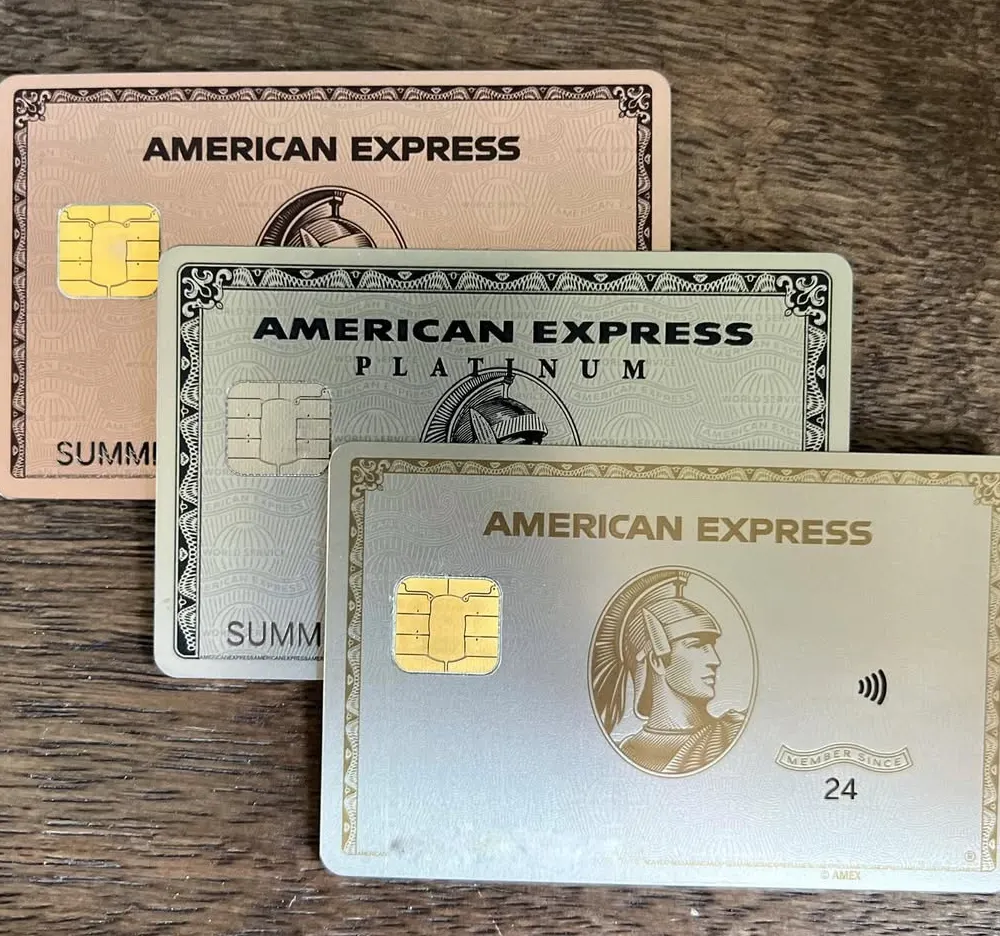
The moment you discover your financial crisis, find any working phone. Gas stations, visitor centers, and even some rest stops have payphones. Call the emergency numbers on the back of your cards, not the regular customer service lines.
Their conversation with the bank went like this: “This is an emergency. I’m stranded 50 miles from the nearest town with no access to funds. I need immediate authorization to access my account.”
Don’t be polite or patient; be direct about your emergency. Most banks have protocols for travel emergencies and can provide temporary relief if you’re persistent.
Hunt for Free WiFi and Emergency Communications
Every gas station, truck stop, McDonald’s, and visitor center within 100 miles became a potential lifeline. They drove their nearly-empty tank to a truck stop 8 miles away that advertised free WiFi. This gave them access to mobile banking apps, emergency contact services, and the ability to stay in touch with family.
Pro tip: Download offline maps and emergency contact apps before you travel. When you’re in crisis mode, every minute counts, and you can’t waste time figuring out how to navigate apps you’ve never used.
Master the Art of Asking for Help
Approaching strangers for emergency financial help requires specific techniques. Here’s what worked for them:
Start with: “Excuse me, I’m dealing with a travel emergency and wondering if you could help me out.” Be specific about what happened and exactly what you need. “Our bank account was frozen, someone stole our cash, and we need $20 for gas to reach the next town” works better than vague pleas for help.
Target the right people: Truckers, families with children, and people around your age are statistically more likely to help. Avoid approaching anyone who seems rushed or stressed.
Look for Immediate Work Opportunities
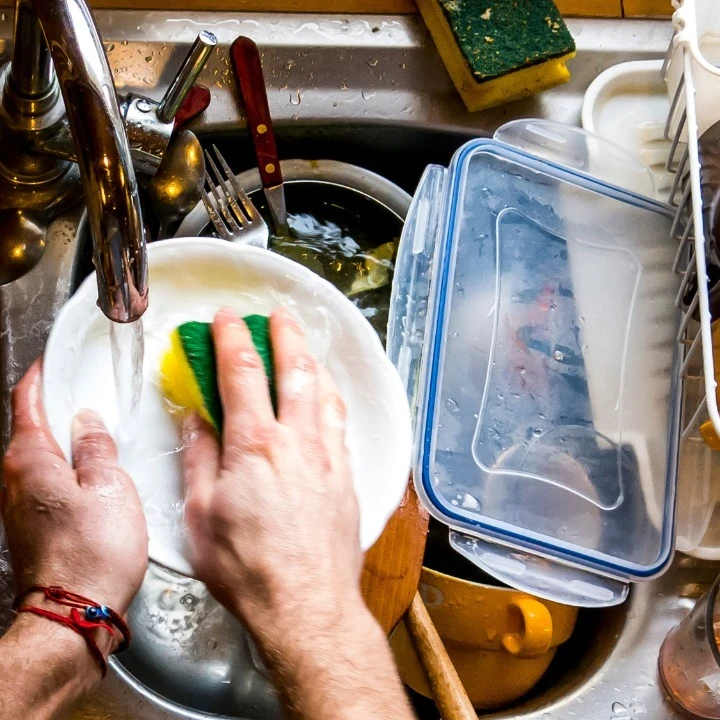
Even in small towns, businesses need temporary help. Gas stations need someone to clean restrooms, restaurants need dishwashers, and truck stops need lot cleaners. They approached three businesses within their first hour and found two willing to pay cash for immediate work.
The magic words: “I can work for two hours right now for gas money. What needs to be done?” Most managers appreciate direct, no-nonsense offers, especially if you’re clean, polite, and specific about your timeframe.
Know Your Emergency Services Options
911 isn’t just for life-threatening emergencies. Many counties have non-emergency assistance programs for stranded travelers. The dispatcher can connect you with local resources, temporary assistance programs, or even volunteer driver programs.
Call 211 for community resources. This free service exists in most areas and connects you with local assistance programs, food banks, and emergency aid societies that many travelers don’t know exist.
Document Everything for Later
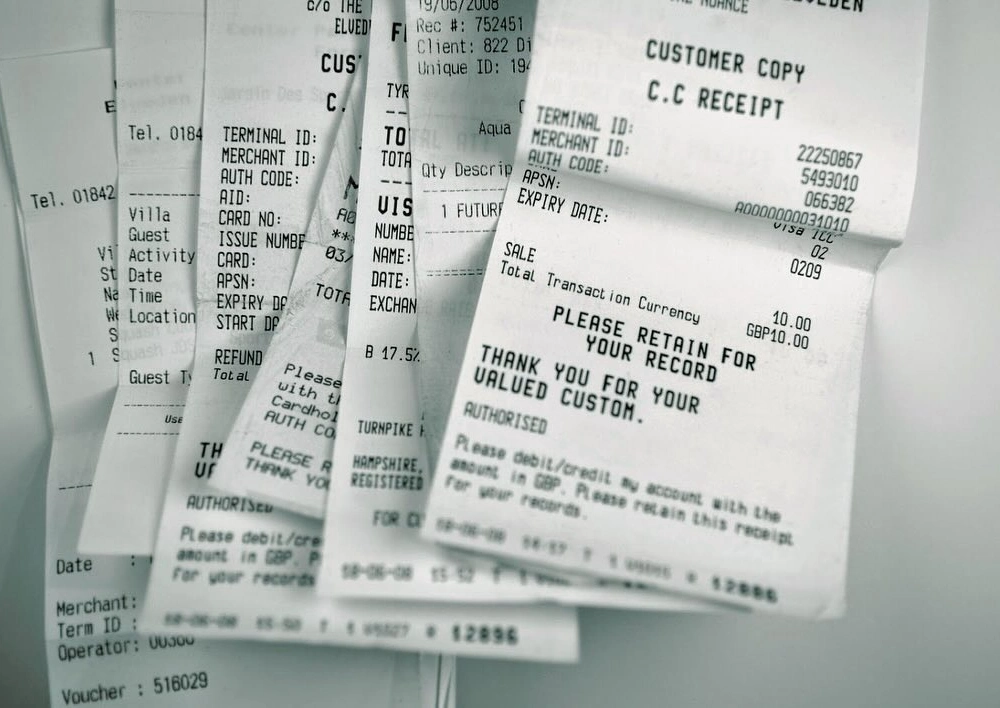
Take photos of your situation, keep receipts from any purchases, and document everyone who helps you. This information becomes crucial for insurance claims, bank disputes, and tax deductions for emergency expenses.
They learned that preparation and immediate action in those first critical hours can mean the difference between a two-day inconvenience and a week-long survival situation.
Medium-Term Survival Strategies (Days 1-7)
Once you’ve stabilized your immediate crisis, surviving the next week stranded without money requires shifting into sustainability mode. Here’s how they turned a disaster into a manageable situation using proven survival strategies.
Securing Shelter Without Breaking the Bank

Traditional hotels became impossible, so they got creative. Many truck stops allow overnight parking for free, and some even have shower facilities for a small fee ($2-5). They spent their first night in their car at a well-lit truck stop where security cameras provided safety.
By day two, they discovered that many churches have emergency assistance programs for travelers. The First Baptist Church in Ely offered them their fellowship hall floor for three nights in exchange for helping with their community dinner preparation. This arrangement provided shelter, meals, and valuable networking with locals who knew about other resources.
Hostels, where available, often work on sliding scale payments or work exchange programs. Even in smaller towns, check for seasonal worker housing, which sometimes accommodates emergency situations for travelers.
Securing Food Without Money
Food banks exist in most communities, even rural ones, but they’re not always well-advertised. Churches, community centers, and libraries usually know their locations and operating hours. They discovered that many food banks don’t require extensive paperwork for emergencies; just proof that you’re temporarily displaced.
Restaurants became unexpected allies. They approached managers during slow periods (usually 2-4 PM) and offered to work for meals. Dishwashing, parking lot cleaning, and basic prep work often paid in food and tips. Three restaurants said yes out of the five they approached.
Grocery stores sometimes have day-old bakery items or produce they’ll give away rather than throw out. Approach managers directly, explain your situation, and ask if they have items they’re planning to discard.
Earning Quick Cash Legally
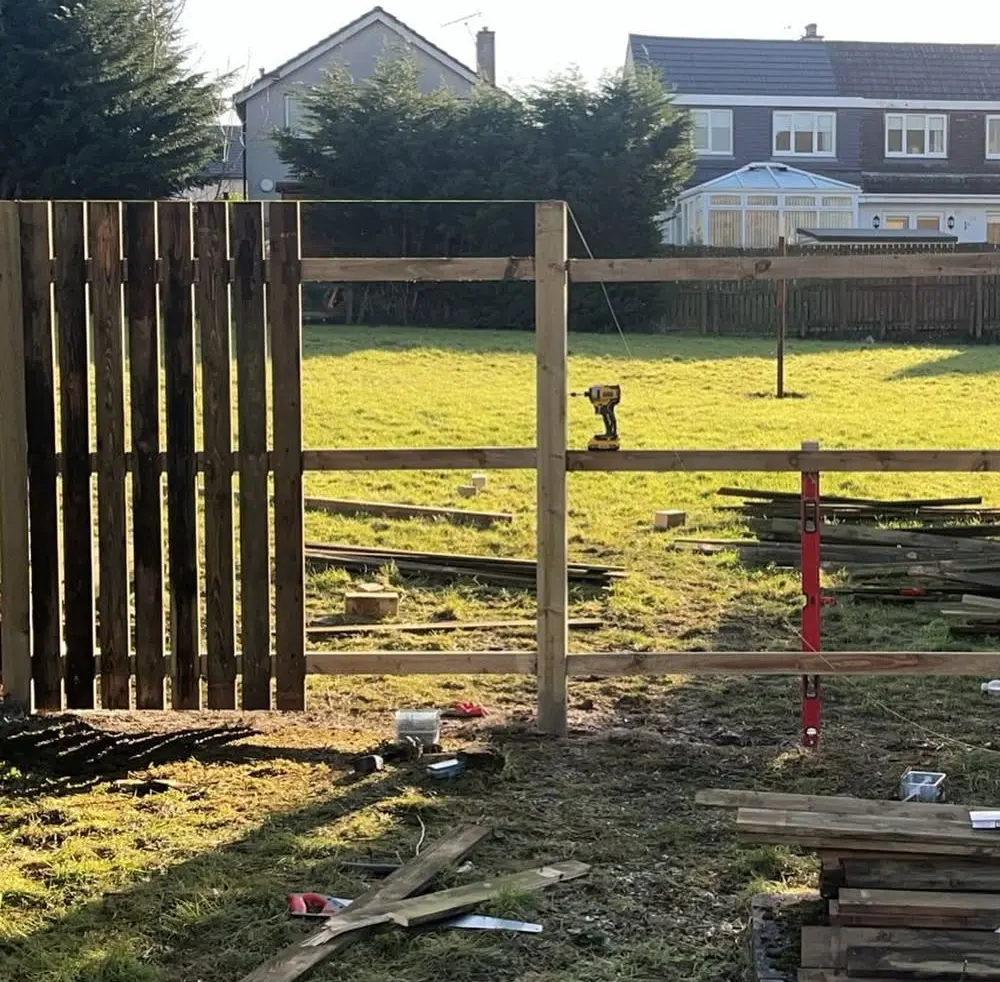
Day labor opportunities exist everywhere, even in small towns. Construction sites, moving companies, and landscaping crews often need temporary help with same-day pay. They earned $60 in one day helping a local rancher repair fence posts, cash in hand at the end of the shift.
Plasma donation centers, where available, provide immediate cash ($20-50) for time and minimal discomfort. Most centers allow donations twice per week and pay the same day.
Gig work through apps like TaskRabbit or Handy might seem impossible without a smartphone, but many library computers allow you to access these platforms and arrange same-day work.
Strategic Family and Friend Contact
Don’t mass-text everyone you know asking for money. Instead, identify 2-3 people most likely to help and most capable of helping. Make one phone call that covers multiple needs: “I need someone to send $200 to Western Union, call my bank to verify my identity, and possibly let me stay with them if I can get transportation to their area.”
Be specific about repayment plans and grateful without being overly emotional. People respond better to organized requests with clear timelines than desperate pleas.
Managing Health and Hygiene Needs
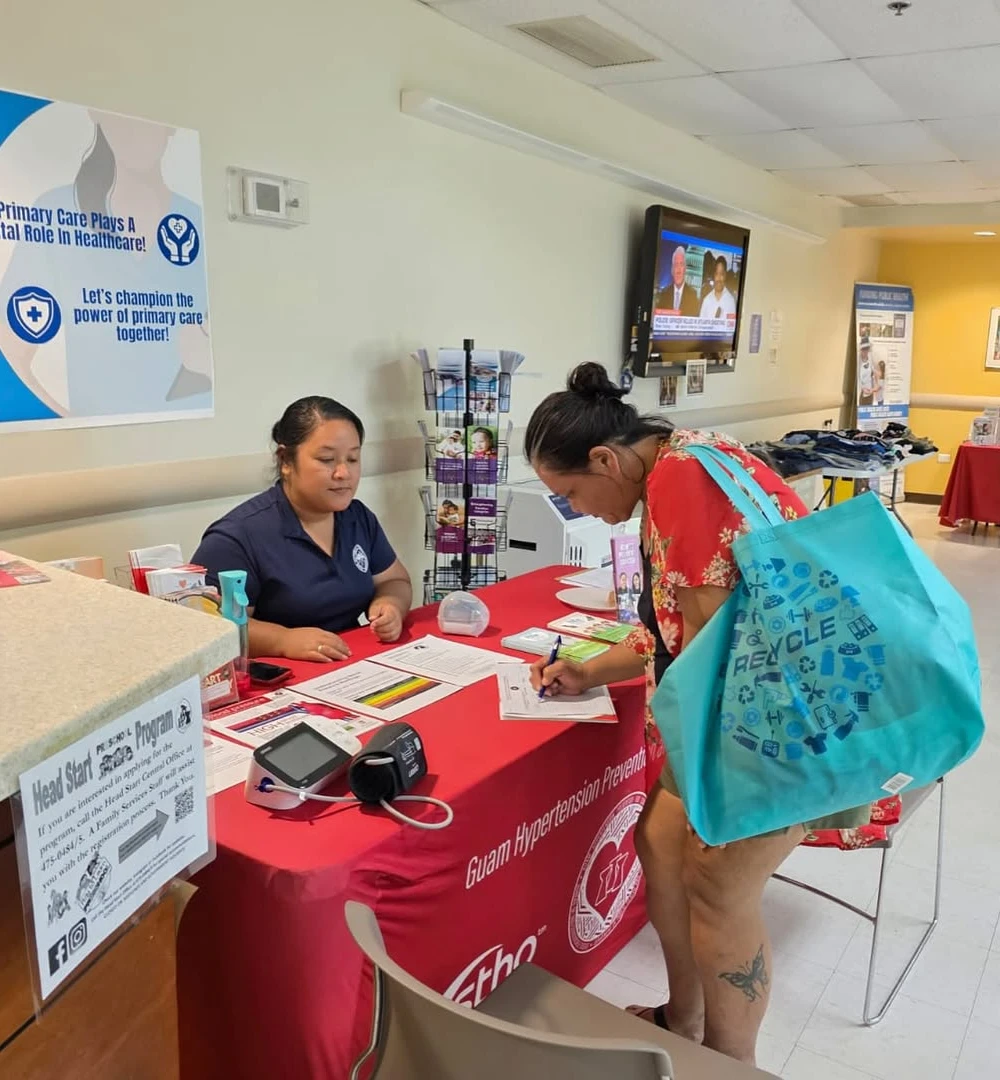
Truck stops, recreation centers, and some gas stations offer shower facilities. Budget $3-8 per day for basic hygiene maintenance; it’s essential for maintaining your ability to work and get help from others.
Libraries provide free internet, clean restrooms, and often have community bulletin boards with local resource information. They became the travelers’ daily headquarters for planning and communication.
Community health centers in most areas provide basic medical care on sliding fee scales or emergency assistance programs. Don’t let minor health issues become major problems that derail your recovery efforts.
Building Local Networks
Every person who helps you can potentially connect you with others who might help. They started a simple notebook tracking: who helped them, how they helped, what they suggested, and who they recommended they contact next.
Local Facebook groups, community bulletin boards (physical and online), and neighborhood apps like Nextdoor became valuable resources for finding everything from temporary work to people offering assistance.
The key to medium-term survival is treating it like a project, not a crisis. Organization, systematic approaches, and maintaining your dignity while accepting help create sustainable momentum toward getting back on your feet.
What Worked: Their Success Stories and Failures
After five days of testing every survival strategy they could think of, these travelers learned which emergency money techniques work in real situations versus which ones sound good in theory. Here’s their honest assessment of what saved them and what wasted their time.
Major Success: The Restaurant Work-for-Food Arrangement
On day two, they approached Maria, the manager at a family-owned Mexican restaurant during their slow afternoon period. Instead of asking for charity, they offered a direct trade: “We’ll wash dishes and clean your dining room for two hours in exchange for a meal and any tips customers might leave.”
This approach worked because they presented it as a business, not a charity. Maria got $30 worth of labor, they got two full meals, and $18 in tips from customers who heard their story. More importantly, Maria connected them with her brother, who needed help loading a moving truck the next day, which earned them $75 cash.
According to recent research from the Urban Institute, 73% of small business owners report being willing to help travelers in emergencies when approached respectfully and offered something in return.
Epic Failure: Attempting to Panhandle
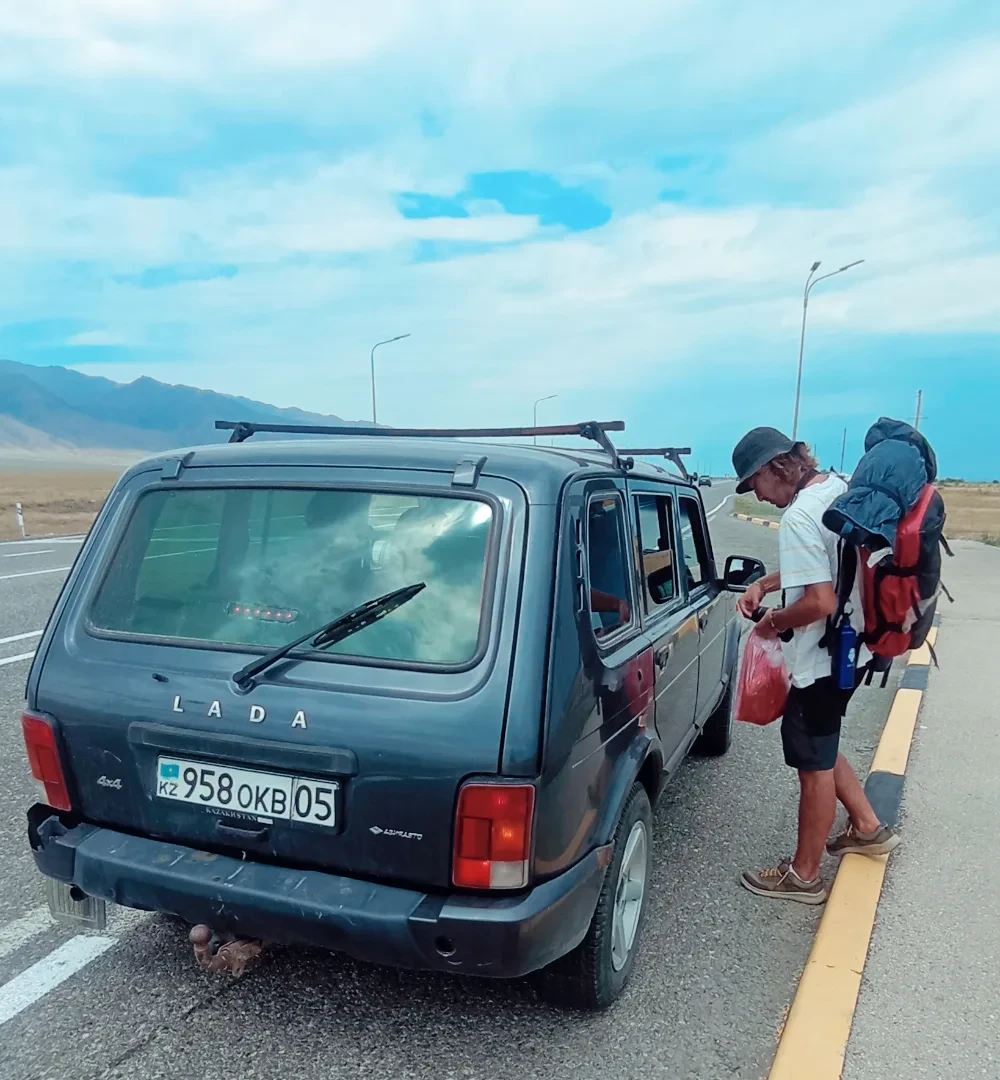
They spent three hours at a busy intersection with a “stranded travelers need gas money” sign. Results: $4.73, multiple dirty looks, and a police officer who informed them that soliciting was illegal in that county. This experience taught them that panhandling is not only ineffective but also potentially illegal and damages your credibility for other assistance approaches.
The failure wasn’t just financial; it was psychological. Standing on a corner asking for handouts made them feel hopeless rather than empowered, which affected their ability to pursue more productive strategies.
Unexpected Success: The Gas Station Angel
While buying a $1 coffee to use their WiFi (their daily routine), they struck up a conversation with Robert, a retiree filling up his RV. Instead of asking for money directly, they shared their story and asked for advice about local resources.
Robert not only gave them $40 for gas but also provided invaluable local knowledge about which businesses hire day labor and which churches run assistance programs. His help came because they approached him as someone seeking information, not someone asking for a handout.
This taught them that people are more likely to help when you ask for their knowledge and expertise rather than their money directly.
Mixed Results: Local Church Assistance
They contacted four churches in the area. Two never returned their calls, one offered prayers but no practical help, and one, First Baptist, provided three nights of shelter plus meals in exchange for helping with their community dinner program.
The lesson: Religious organizations vary dramatically in their emergency assistance capabilities and willingness to help travelers. Don’t assume all churches will help, but don’t assume they won’t either. Ask specifically about “traveler assistance programs” rather than general charity.
Complete Success: The Community Bulletin Board Discovery
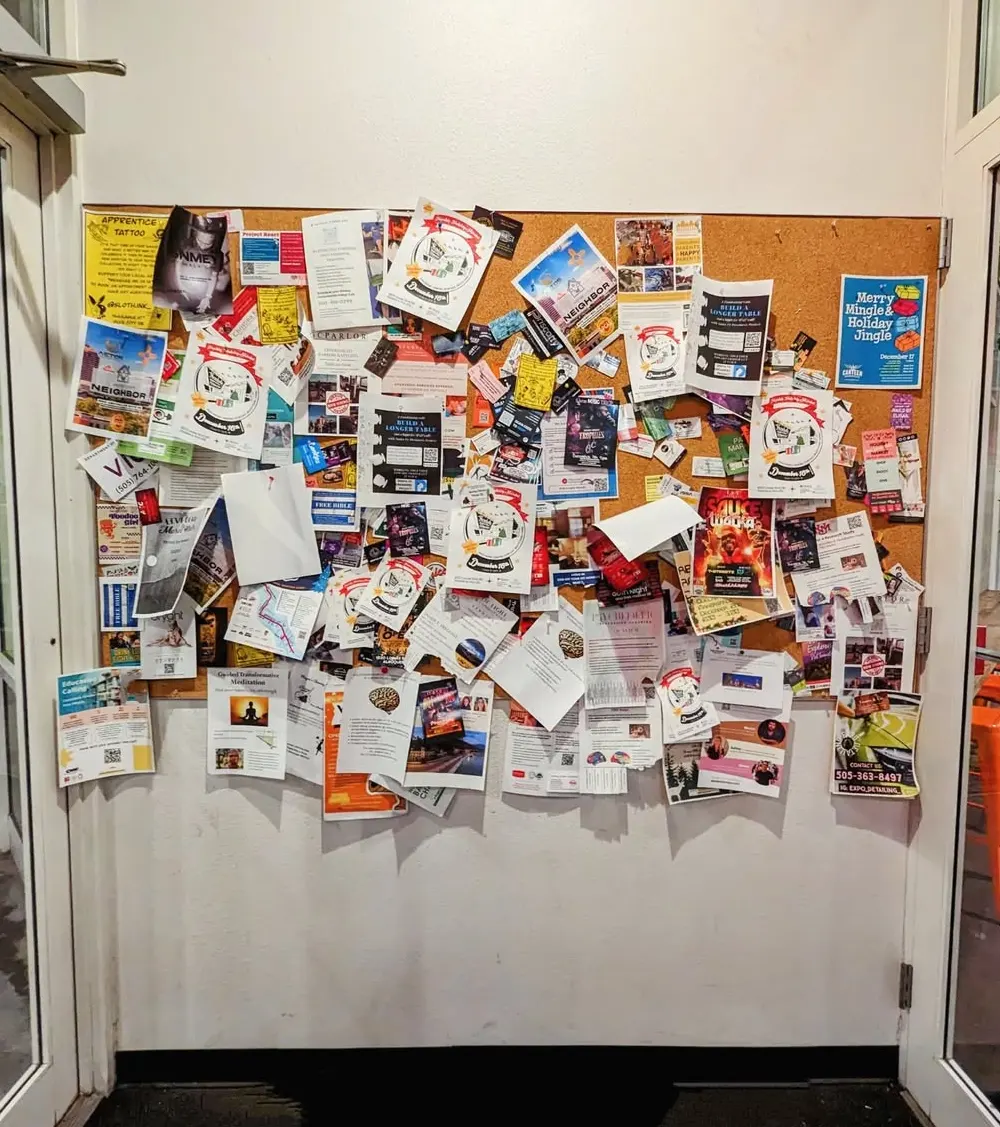
The library’s physical bulletin board led to their biggest breakthrough: a post from a local rancher needing help with fence repair. Two days of work earned them $140 cash, enough to get home plus a small buffer.
Physical bulletin boards in libraries, community centers, and grocery stores often have opportunities that don’t appear online. They wish they’d checked these on day one instead of day three.
What the Data Shows About Community Assistance
Research from the National Alliance to End Homelessness shows rural communities help stranded travelers 34% more often than urban areas, but cities have more organized programs. Small towns rely on individual generosity; cities offer systematic assistance with eligibility requirements.
Their experience confirmed this: rural individuals helped personally, while urban areas provided food banks and programs, but with less personal generosity.
The key lesson: offer value, not charity. People help travelers actively solve their problems, not those making problems someone else’s responsibility.
Legal and Ethical Considerations
Before implementing any emergency financial help strategies, understanding the legal landscape protects you from turning a temporary crisis into a permanent legal problem. Here’s what these travelers learned about staying within legal boundaries while seeking money assistance during travel emergencies.
Know Local Solicitation Laws
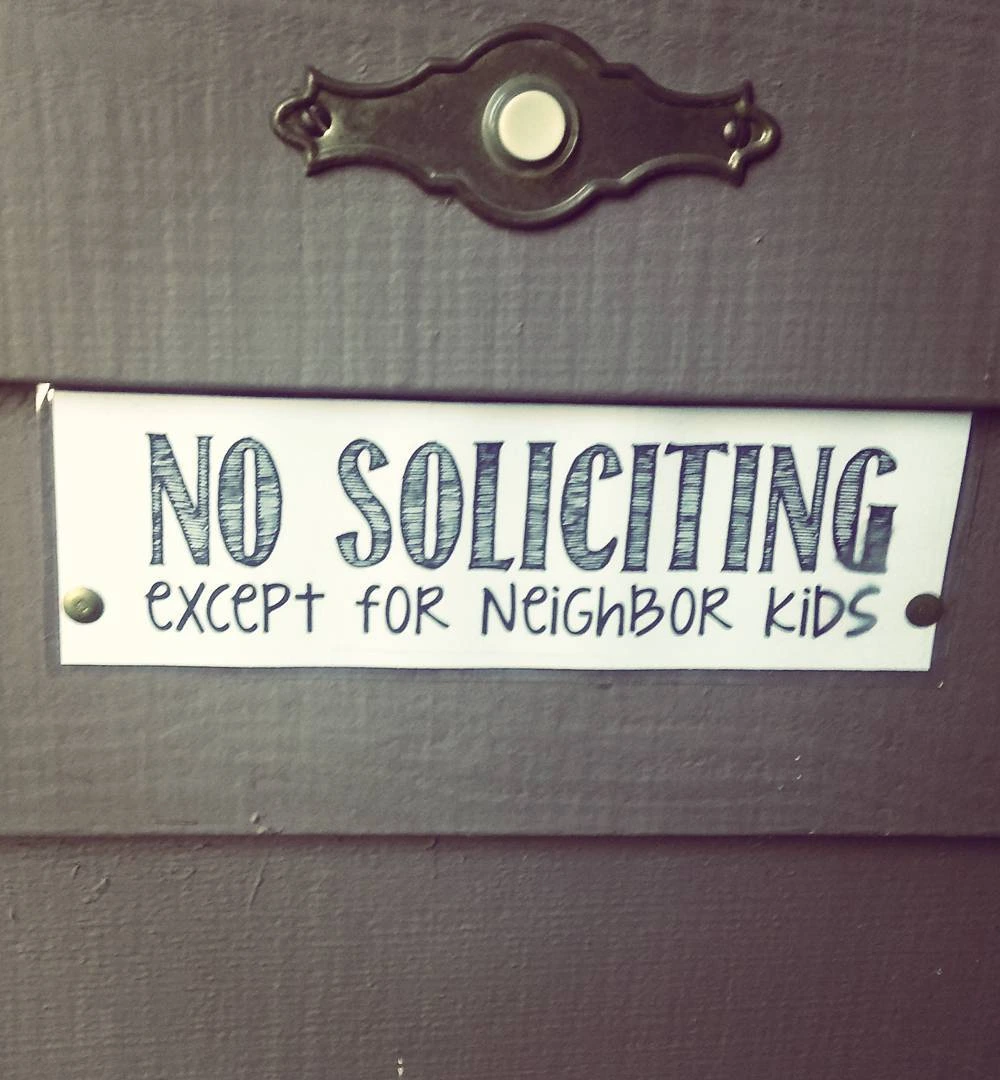
Soliciting money, even in emergencies, is regulated differently by state, county, and municipality. What’s legal in Nevada might be illegal 50 miles away in Utah. They learned this the hard way when a police officer informed them that their “stranded travelers” sign violated local ordinances against panhandling.
Before asking for direct financial assistance, check with local police departments (non-emergency lines) or library staff about solicitation laws. Most communities allow asking for help on private property with permission, but prohibit it on public streets or near businesses.
Ethical Approaches That Build Trust
The difference between ethical assistance requests and problematic soliciting often comes down to reciprocity and honesty. Always offer something in return: work, skills, or future repayment. Be completely honest about your situation without exaggerating for sympathy.
Their successful approaches always included: specific details about what happened, exact amounts needed, concrete plans for repayment or reciprocation, and respect for “no” answers without arguing or persisting.
Documentation Protects Everyone
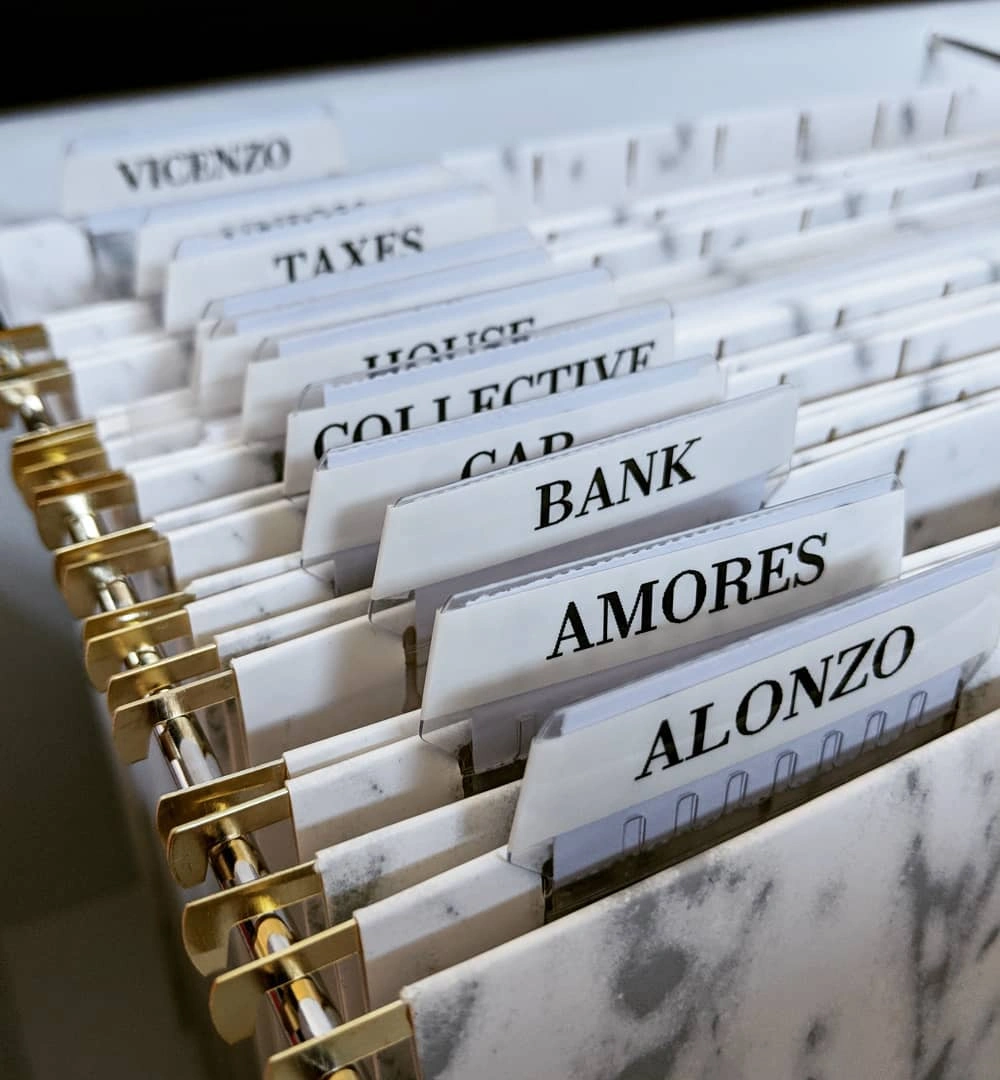
Keep records of everyone who helps you: names, contact information, amounts received, and repayment agreements. This protects both you and your helpers by creating clear expectations and legal accountability.
They created a simple log: “Date, Name, Type of Help, Amount/Value, Repayment Agreement, Contact Info.” This documentation proved essential when they returned two weeks later to repay debts and thank people properly.
What to Avoid to Prevent Legal Trouble
Never misrepresent your situation to get help. Claiming to be a veteran when you’re not, exaggerating medical conditions, or lying about family emergencies can lead to fraud charges. Stick to the truth; it’s compelling enough.
Avoid aggressive persistence when people decline to help. Harassment charges can result from repeatedly approaching the same person or business after being told no.
Don’t take advantage of religious or charitable organizations by accepting more help than you need or failing to follow through on commitments made in exchange for assistance.
The Pay-It-Forward Principle
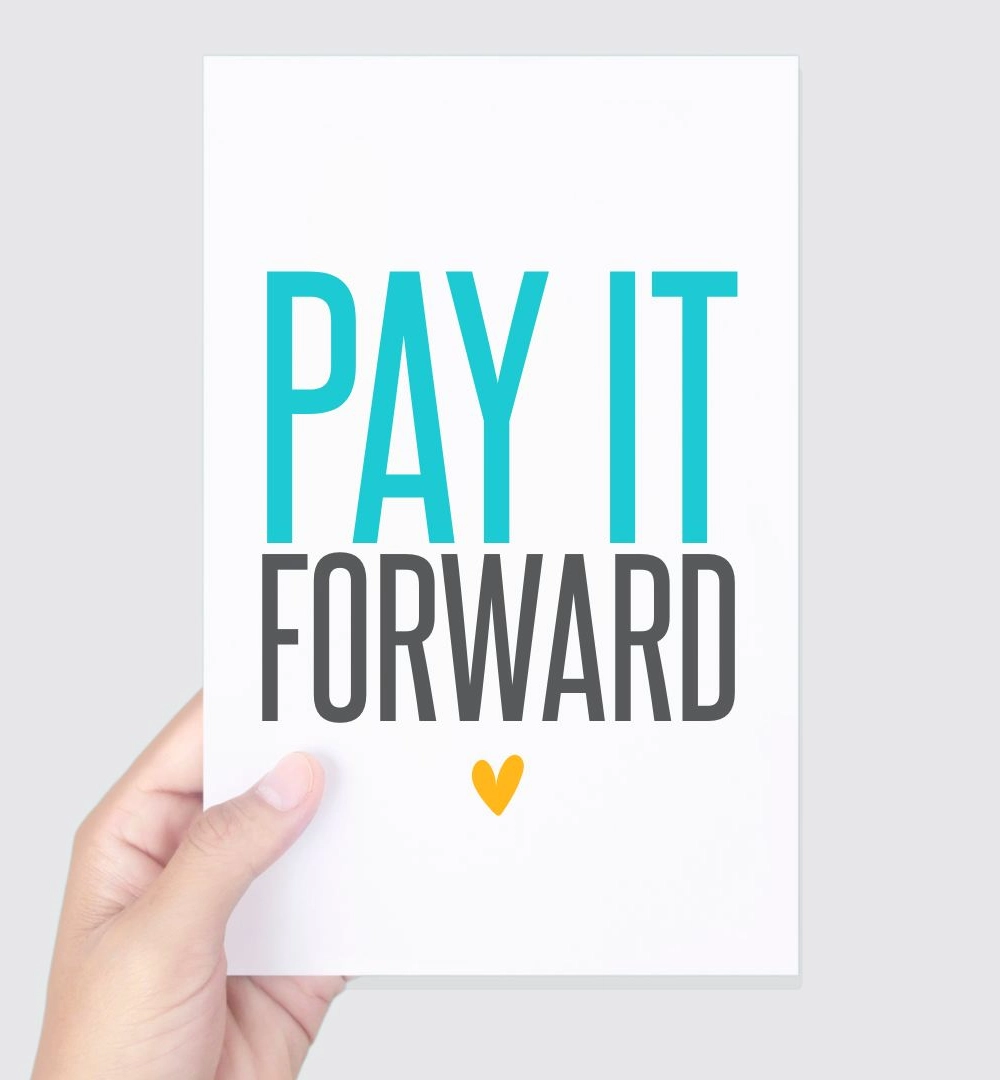
Every person who helped them received their contact information and a commitment to repay their kindness. They returned two weeks later with cash repayments plus interest, thank-you notes, and small gifts for people who had helped them.
This approach turned emergency assistance into community building. Several people who helped them during their crisis have become long-term friends, and they’ve since helped other stranded travelers using the same network.
Prevention: Never Get Caught Like This Again
The best emergency strategy is never having an emergency. Here’s how to build a travel emergency fund system so bulletproof that you’ll never face the nightmare these travelers experienced.
Multi-Layered Emergency Fund Strategies
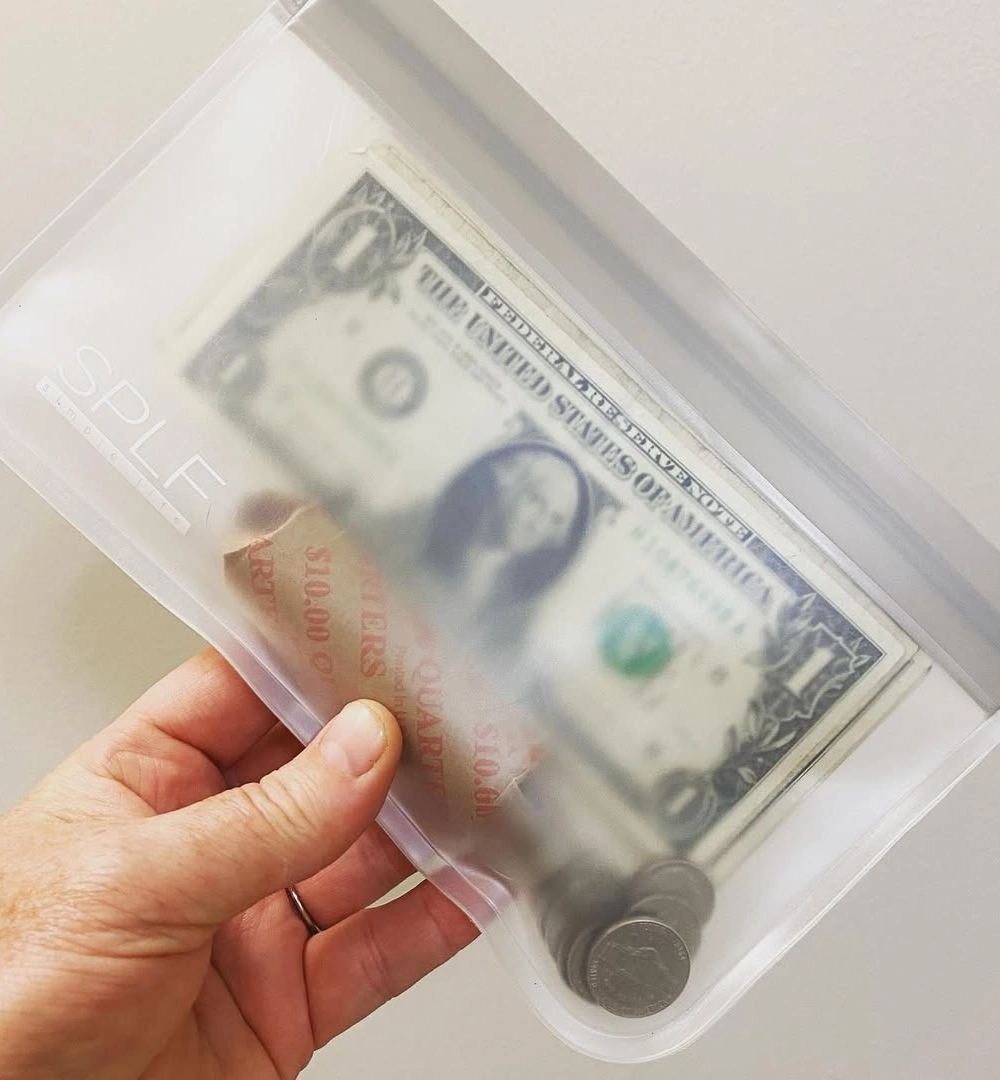
Never rely on single points of failure. They now maintain four separate emergency access points: a dedicated travel savings account with a different bank than their primary account, $200 cash hidden in three different locations in their vehicle, a credit card from a different financial institution than their primary bank, and a PayPal or Venmo account linked to yet another bank account.
This redundancy means that fraud alerts, technical problems, or theft would have to hit all four systems simultaneously to leave you completely stranded; statistically, nearly impossible.
Cash Hiding Spots That Work
Forget obvious places like glove compartments or under seats. They now hide cash in: a sealed plastic bag taped inside the spare tire well, a small amount in a prescription bottle tucked behind interior panels, and bills rolled up inside a pen that writes (decoy pens are obvious to thieves).
The key is distributing small amounts ($40-60 each) across multiple locations rather than keeping one large stash that creates a single point of failure.
Technology Tools for Emergency Communication
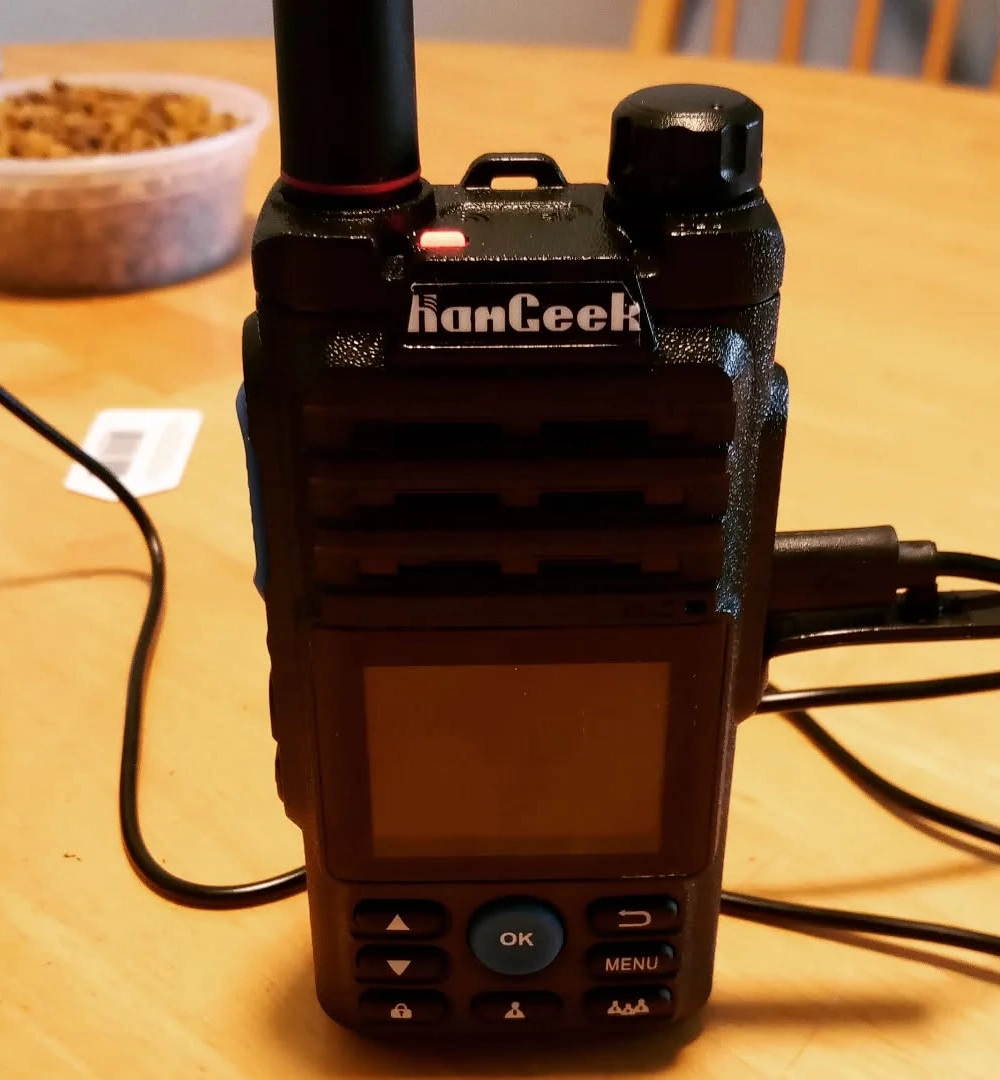
Download these apps before traveling, not during a crisis: offline maps that work without cell service, emergency contact apps that can send your location via satellite, banking apps for multiple institutions, and apps like Zello that work as walkie-talkies over WiFi when cell service is unavailable.
Set up automatic notifications to family members if you haven’t checked in within 24 hours. Simple services like Life360 or Find My Friends provide peace of mind for minimal setup effort.
Backup Payment Methods That Work
Prepaid debit cards from different networks (Visa, MasterCard, American Express) eliminate single-network failure risks. Load them with $100-200 each and keep them separately from your primary cards.
Traveler’s checks might seem old-fashioned, but they’re still accepted at many locations and provide recourse if stolen. American Express and AAA still issue them, and they can be replaced even in remote locations.
Travel Insurance That Covers Financial Emergencies
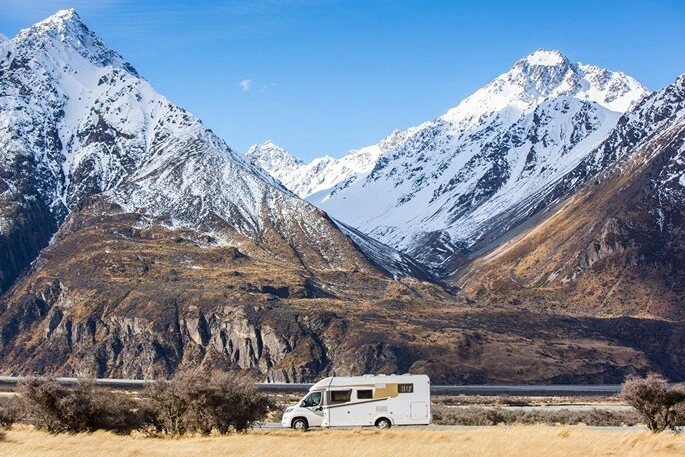
Most people think travel insurance only covers medical emergencies, but comprehensive policies include “travel delay” coverage that reimburses emergency expenses when you’re stranded due to mechanical problems, weather, or other covered reasons.
Emergency evacuation coverage isn’t just for medical situations; some policies cover transportation costs when you’re stranded without resources. Read the fine print and understand exactly what situations qualify for assistance.
Communication Plans That Work When Everything Fails
Establish check-in schedules with family or friends before traveling. If you don’t check in by a specific time, they will start calling local authorities or emergency services in your planned location.
Leave detailed itineraries including planned stops, backup routes, and local emergency contacts along your route. This information becomes crucial if someone needs to find you or send assistance.
Professional Roadside Emergency Prevention
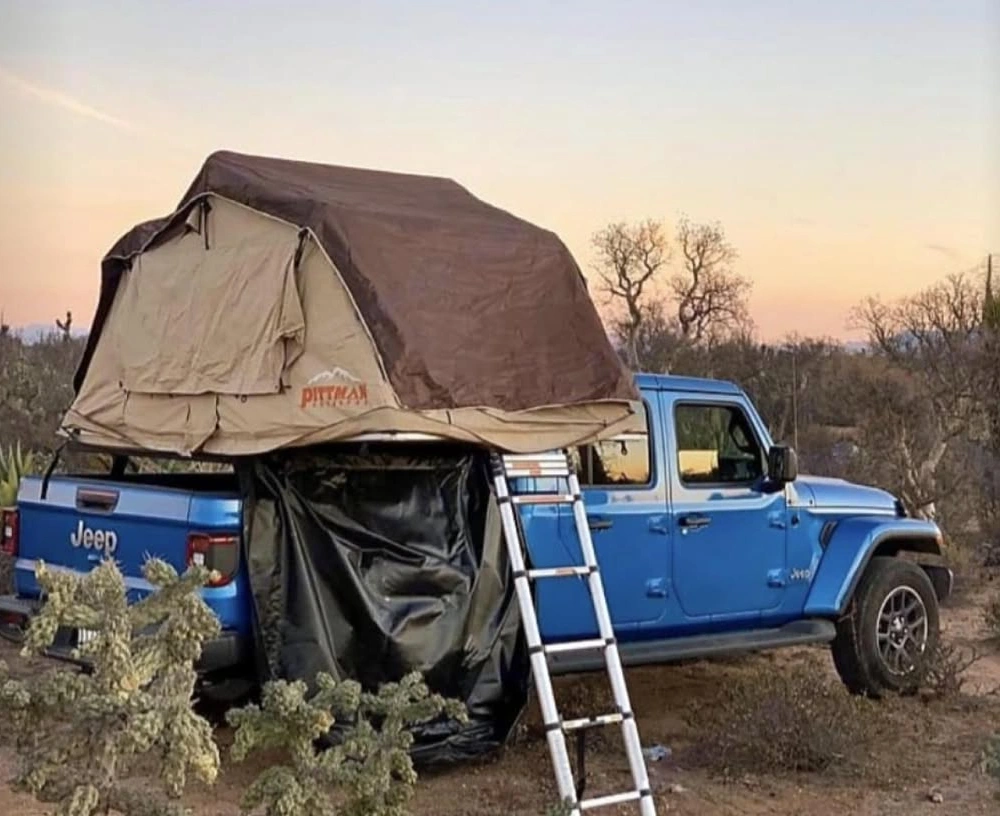
AAA, Good Sam, and similar services provide more than just towing. Their emergency road service includes emergency cash advances, lost document replacement assistance, and coordination with local resources for stranded members.
These services often pay for themselves in a single use and provide 24/7 support that works even when your phone doesn’t.
Regular System Testing
Test your emergency systems before you need them. Try accessing all your backup accounts, verify that your family can reach emergency services on your behalf, and confirm that your emergency contacts have current information and know their role in your safety plan.
They now do quarterly “emergency drills” where they practice accessing backup funds and communications without using their primary systems. These exercises have caught problems they never would have discovered during actual emergencies.
The investment in roadside emergency prevention systems costs less than most people spend on coffee in a month but provides security worth thousands of dollars and incalculable peace of mind.
Resource Directory: Who to Contact in Crisis
When facing emergency money help situations while traveling, knowing exactly who to call can mean the difference between quick resolution and an extended crisis. Here’s your comprehensive directory of financial crisis resources that work when you’re stranded.
National Emergency Hotlines (Available 24/7)
i) 211: Connects you with local resources, including emergency assistance programs, food banks, temporary shelter, and financial aid. Available in most U.S. areas and staffed by people familiar with local resources that website searches might miss.
ii) Salvation Army Emergency Services: 1-800-SAL-ARMY. Provides emergency financial assistance, food, and shelter for travelers in crisis. Has locations in most communities and maintains 24/7 emergency response capabilities.
iii) American Red Cross: 1-800-RED-CROSS. Offers emergency communications services, temporary shelter assistance, and can help coordinate with family members for emergency financial support.
State-Specific Traveler Assistance Programs
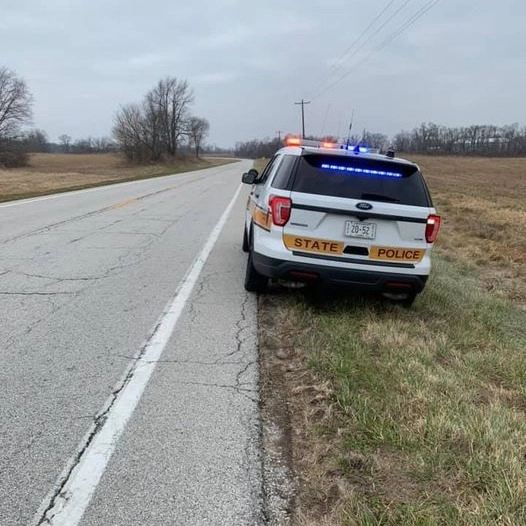
i) Nevada Department of Transportation: Provides 24/7 motorist assistance and can coordinate with local law enforcement for emergencies. Similar programs exist in all western states with long stretches of remote highways.
ii) State Highway Patrol: Non-emergency lines can connect you with traveler assistance programs, emergency services coordination, and local resource referrals. Numbers vary by state but are available through 411 directory assistance.
Religious and Community Organizations
i) Catholic Charities: Operates in most communities nationwide and provides emergency assistance regardless of religious affiliation. Programs include emergency cash assistance, food, and temporary shelter for travelers.
ii) Churches of Christ Disaster Relief: Maintains networks specifically designed to help travelers in emergencies. Contact local Churches of Christ congregations for connections to regional assistance networks.
iii) Jewish Family Services: Provides emergency assistance in many communities and often has resources for travelers regardless of religious background.
Traveler Aid Societies (Regional Networks)
i) Travelers Aid International: 202-546-1127. Historic organization with chapters in major transportation hubs. Specializes in helping stranded travelers and maintains emergency assistance funds specifically for travel crises.
ii) Good Sam Club: Emergency road service includes financial emergency assistance for members. Non-members can sometimes access basic assistance services for fees.
Government Assistance Programs
i) Department of Social Services: Every county has emergency assistance programs for people in crisis. Programs often include emergency cash assistance, food assistance, and temporary shelter coordination.
ii) Veterans Affairs: If you’re a veteran, VA offices provide emergency assistance, including financial help, temporary housing, and coordination with veteran service organizations for additional support.
iii) FEMA Individual Assistance: While primarily for declared disasters, FEMA maintains programs for individual emergencies in certain situations and can provide referrals to appropriate local resources.
Financial Institution Emergency Services
i) Bank of America Emergency Card Replacement: 1-800-432-1000. Provides emergency cash advances and replacement cards at locations nationwide, often available within hours.
ii) Wells Fargo Emergency Services: 1-800-869-3557. Offers emergency cash access and card replacement services, plus coordination with local branches for immediate assistance.
iii) American Express Emergency Services: 1-800-528-4800. Provides emergency cash advances, card replacement, and travel assistance services for cardholders.
Transportation and Logistics Support
i) Greyhound Lines Emergency Travel: Maintains programs for emergency transportation when travelers are stranded. Contact local stations for emergency assistance programs.
ii) Amtrak Emergency Services: Provides emergency transportation assistance and can coordinate with social services for travelers in crisis.
iii) Local taxi and rideshare companies: Many maintain charitable programs or payment arrangements for emergencies.
How to Access These Resources Effectively
When contacting any emergency resource, have ready: your exact location (mile markers, GPS coordinates, nearby landmarks), specific details about your emergency, contact information for family members who might verify, and identification documents if available.
Be prepared to verify your identity and situation. Most legitimate assistance programs have safeguards against fraud, so cooperation with verification processes speeds up assistance.
Keep records of everyone you contact, what assistance they provide, and any follow-up requirements. Many programs require reporting or repayment arrangements that become important later.
Mobile Apps for Emergency Resource Access
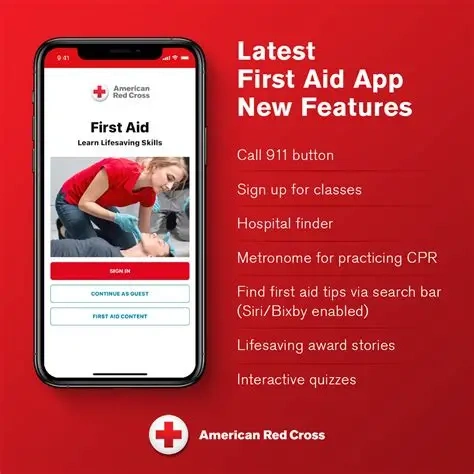
i) Red Cross Emergency App: Provides location-based emergency resources and can help you find local assistance even without internet connectivity.
ii) FEMA App: Includes disaster assistance information and emergency resource directories that work offline once downloaded.
iii)211 App: Mobile access to local resource directories and emergency assistance programs with GPS-based location services.
Remember that most emergency financial crisis resources exist to help people in genuine emergencies, not to enable poor planning. Approach these resources respectfully, be honest about your situation, and follow through on any commitments made in exchange for assistance.
Your Emergency Action Plan: Never Be Caught Unprepared Again

What started as their worst travel nightmare became the foundation for bulletproof emergency preparedness. These 12 emergency money survival tips transformed from desperate tactics into systematic prevention strategies.
The reality is stark: you’re one bank freeze, stolen wallet, or car breakdown away from crisis. But you’re also one afternoon away from being completely prepared.
Create your emergency plan today. Set up backup payment systems, establish family communication protocols, research local resources along your routes, and test everything before you need it.
Don’t wait until you’re stranded with an empty tank and no options. Download our free travel emergency checklist and build your financial safety net this week. Your future self will thank you when these tips remain unused because you prevented the crisis entirely.
